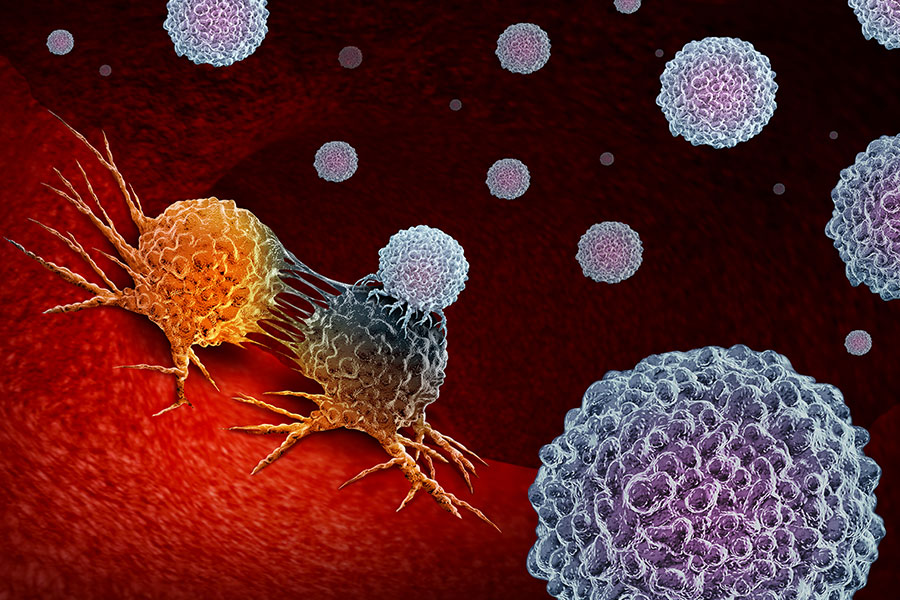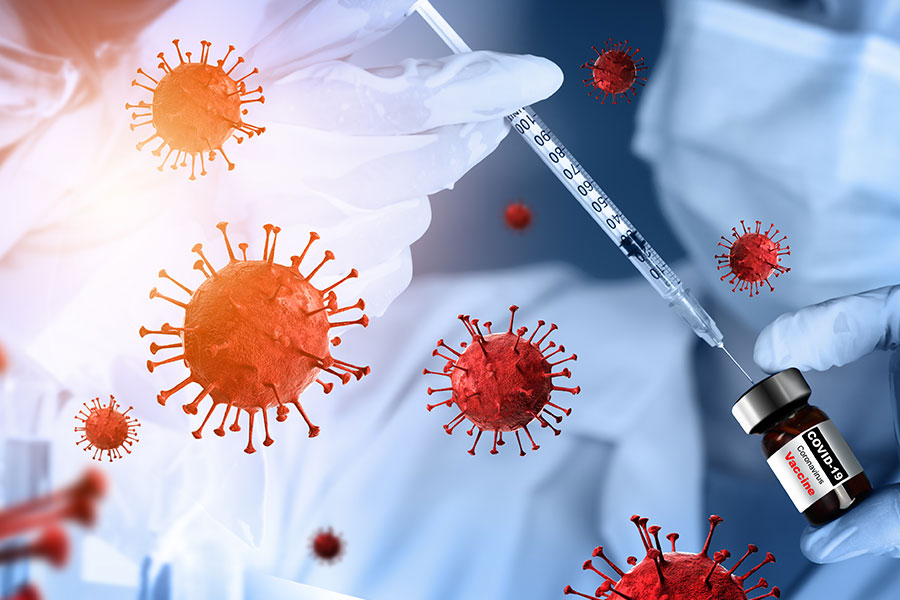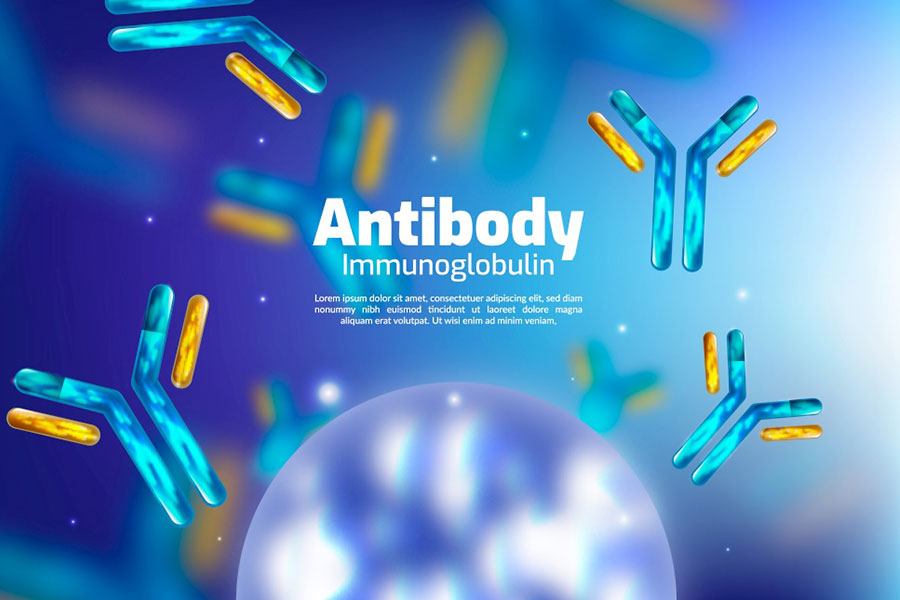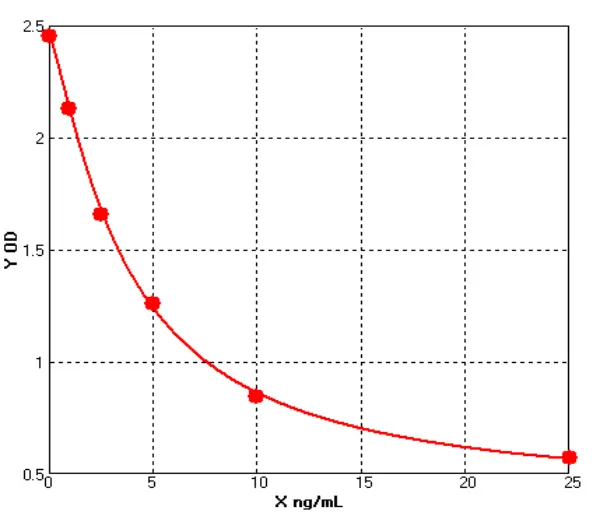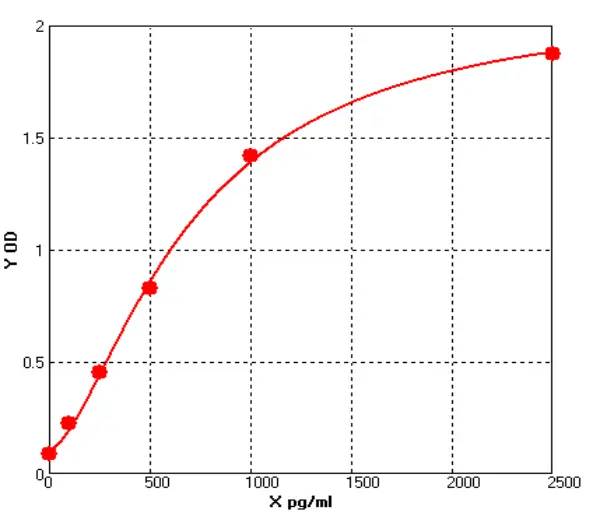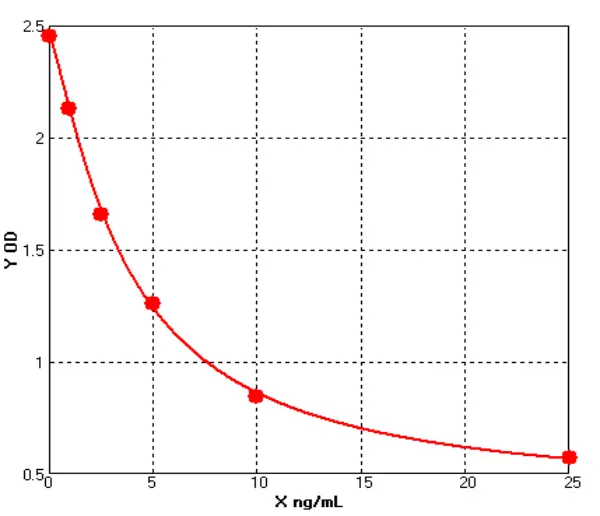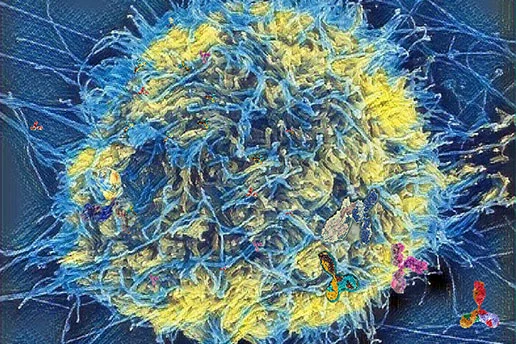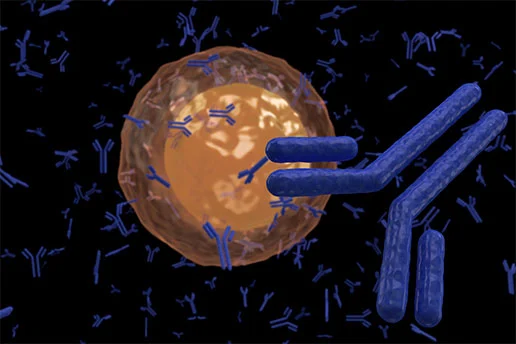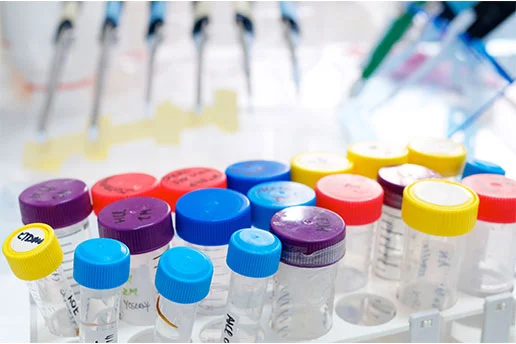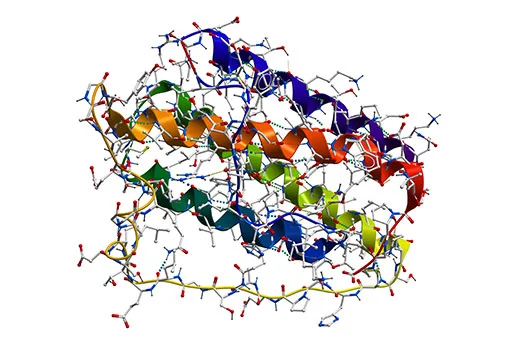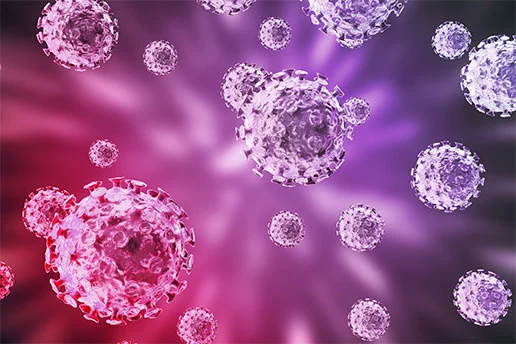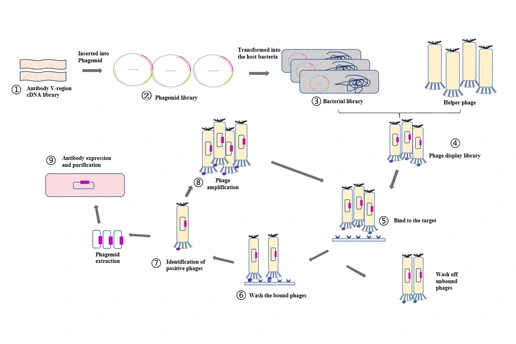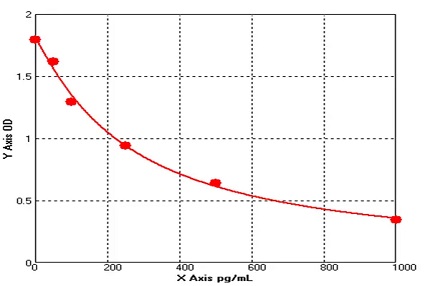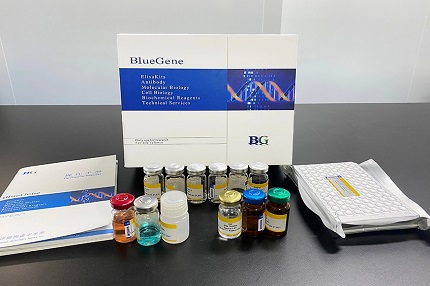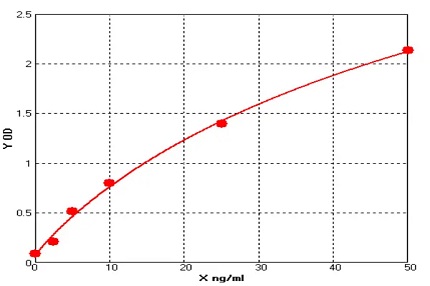- Host Cell Protein Detection Kits
- Host Cell DNA Residue Detection Kits
- Antibodies
- Recombinant Proteins
- ELISA Kits
- Cellular Component Protein Library
- Plasmids
- Promotions
-
Monitoring Chronic Diseases Using BFGF ELISA Kit
Chronic diseases pose a significant challenge to global health, often accompanied by long-term inflammation, tissue damage, and repair processes. In the study of these diseases, basic fibroblast growt...
Apr.16, 2025Read More > -
The Need for Methamphetamine Residue Detection
Methamphetamine, as a commonly abused drug, has seen increasing concern over its residue in food and pharmaceuticals. With the growing threat of drug abuse to public safety and health, regulatory agen...
Apr.14, 2025Read More > -
Advances in ELISA Technology: A Case Study of Human Hepcidin
The balance of iron metabolism is crucial for human health, and human hepcidin plays a key role in regulating iron levels in the body. In recent years, ELISA technology has been widely used in iron me...
Apr.12, 2025Read More >
Immunoassay
Among them, enzyme-linked immunosorbent assay has been widely used in the food industry, and it can be used to determine the substances people want to contain and the substances they don't want to contain. For example, people are now concerned about the detection of some substances in food safety: pesticides, drug residues, hormones, auxin, microbial toxins, mycotoxins or enterotoxins, natural toxins, and some additives.
Immunoassay has the advantages of effective sensitivity, specificity, rapidity and low costs. It can be used for routine analysis of a large number of samples, qualitative screening of samples, and quantitative determination of samples for determining the content of components to be tested in samples. Immunoassay technology can be divided into two categories: labeled immunoassay technology and non-labeled immunoassay technology. Labelled immunoassay technology includes enzyme-linked immunoassay technology, radioimmunoassay technology, fluorescence immunoassay technology, colloidal gold immunoassay technology and chemiluminescence immunoassay technology. Non-labelled immunoassay technology includes immunodiffusion and immunoelectrophoresis.
Immune diffusion is the technology of antigen and corresponding antibody molecules to diffuse and meet in the gel and then form antigen-antibody complex precipitation when the suitable concentration ratio is reached. It can detect specific antigens or antibodies. Immune diffusion can be divided into single immunodiffusion, radial immunodiffusion, double immunodiffusion and others.
